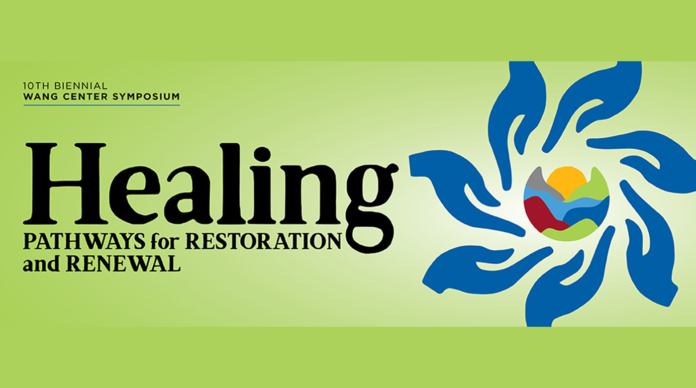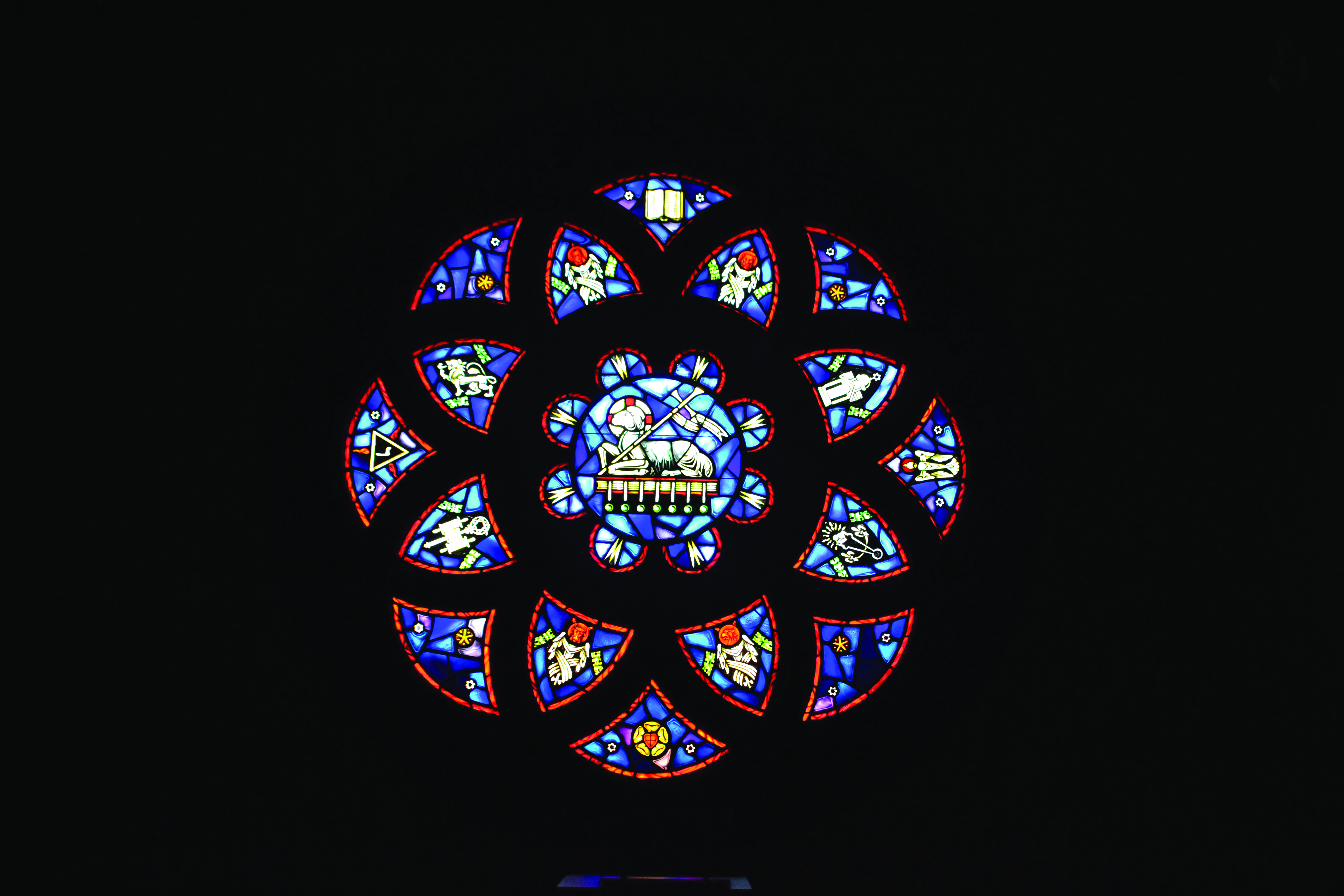Steph Valenti
Reporter
For 20 years now, Pacific Lutheran University’s Wang Center has been hosting a symposium, and this year marks the 10th biennial anniversary of the event. This year’s event focuses on the process of healing, and features a diverse group of speakers and panelists teaching ways to restore and renew ourselves as individuals and as a community.
Wang Center Executive Director Dr. Tamara R. Williams said she leans towards human behavior when planning the biennial event.
“What I like to do with the symposium that I’m in charge of is to lift up human behavior and take a look at it from a variety of disciplinary perspectives,” said Dr. Williams in regards to her approach.
“It goes back to something really humanities-oriented,” she said. “A symposia is a Greek term for bringing people together to talk about really important things. And I just feel a university needs to do that.”
The symposium is meant to help educate and bring awareness to the way healing is applicable to things beyond physical injuries. The scheduled sessions provide a variety of experiences in life, unrelated to each other, but they all share the importance of healing.
The symposium will be hosted virtually from March 8-9, and it is open to everyone, including those beyond the PLU community.
Schedule for Wednesday, March 9
On March 9, the event will begin at 9 a.m. with Williams introducing the symposium. There will be a total of eight sessions. The last session, ending at 8:30 p.m., will be led by Professor Gilda Sheppard of Sociology and Cultural and Media Studies. She will talk about “Healing as a Transformative Justice.”
In between there will be a session titled “Testimony: Moving Society Out of the Shadows of the Past” presented by Eamonn Baker and Maureen Hetherington, from 9:15-10:20 a.m, with PLU Sociology Professor Anna Leon-Guerro introducing them.
Then, from 11:15 a.m.-12:20 p.m., Spanish Professor at UC Davis Robert McKee Irwin will be presenting “Humanizing Deportation: Research and Care in the Herida Abierta” and will be introduced by Associate PLU Professor of Hispanic and Latino Studies Emily Davidson. In Spanish, “Herida Abierta” means open wound.
Next, PLU Professor and Dean of the School of Education and Kinesiology Karen McConnell will introduce Seattle University Professor Sharon Suh who will focus on “Trauma-Informed Healing for Individual and Collective Trauma – An Embodied Approach,” from 12:30-1:35 p.m.
The following session will include a panel discussion of “Healing in the Disciplines: PLU Faculty Panel 1,” and the panelists are: Suzanne Crawford O’Brien (Interim Dean of Interdisciplinary Programs), Denise Glover (Visiting Assistant Professor of Anthropology), Brenda Llewellyn Ihssen (Associate Professor of Early and Medieval Christian History), Sarah E. Robinson (Resident Assistant Professor of Religion & Environment), and Giovanna Urdangarain (Associate Professor of Hispanic Studies). This session will be from 1:45-3:30 p.m., and will be introduced by PLU Professor of Religion and Dean of Humanities Kevin O’Brien.
Later, PLU Associate Professor of Philosophy Sergia Hay will introduce the “At the Edge of Wilderness: Healing and Transformation” speakers Chuck Hoffman and Peg Hoffman, who will present from 3:40-4:45 p.m.
Second to last, Crawford O’Brien will introduce Valeria Segrest, who will present from 5:45 – 6:50 p.m., talking about “Revitalizing Ancestral Foodways.” Wednesday’s session will conclude Gilda Sheppard’s session, as previously mentioned.
These are the main speakers, and they come from different backgrounds which helps provide new perspectives on the importance of healing.
“There’s LGBTQ, the African American experience, the Native American experience, the Latino experience,” reiterates Dr. Williams. “There’s a lot of diversity.”
Schedule for Thursday, March 10
On Thursday, March 10, there will be five sessions, starting at 9:55 a.m. and ending at 8:30 p.m. The first session will be presented by Elena Calderon, titled “UndocuJoy in Practice: Healing Through Joy, Storytelling, and Therapy,” and it will be introduced by Alex de Fermín. The final session, “Tech Innovation for Social Transformation: 16th Dale E. Benson Lecture in Business and Economic History,” will be presented by Justin Spelhaug, and introduced by Michael Halvorson.
The second session, “A Mother and Son’s Healing Journey through Gender Transformation,” will be from 11:50 a.m. until 1:35 p.m., and it will be introduced by PLU student Rosario Yoson, and presented by Dawn Alger and Rigby Alger.
Next, another panel will be hosted, “Healing in the Professions: Faculty Panel 2,” and it will be from 1:45-3:30 p.m.. University Pastor Jen Rude will introduce and moderate the panel discussion, and the panelists include Jodi Erickson (Assistant Professor at the School of Nursing), Barbara Habermann (Dean & Professor of Nursing), and Mark Mulder (Dean & Associate Professor of the School of Business).
The fourth session, from 3:40 p.m.-5:25 p.m., will be introduced by David Simpson. Speakers for the “Collective Resilience: Addressing Community Violence through Cross System Collaboration” session will include Chief Christopher Mannino, Tobara Richardson, Liza Suarez, and Rachel Wax. Later, Justin Spelhaug will wrap up the symposium.
More information about the speakers and panelists is available on the Wang Center website.
People wanting to register for the symposium can look up “PLU Wang Center Symposium” on an internet browser and will be directed to the page to register. People must include their name and an email address, and answer whether they are registering others, and then hit submit. After registering, an email will be sent to provide the Zoom link and registration details.
Those unable to attend the symposium will have the opportunity to watch each talk a few days after the event, when the Wang Center publishes the recorded sessions.


















